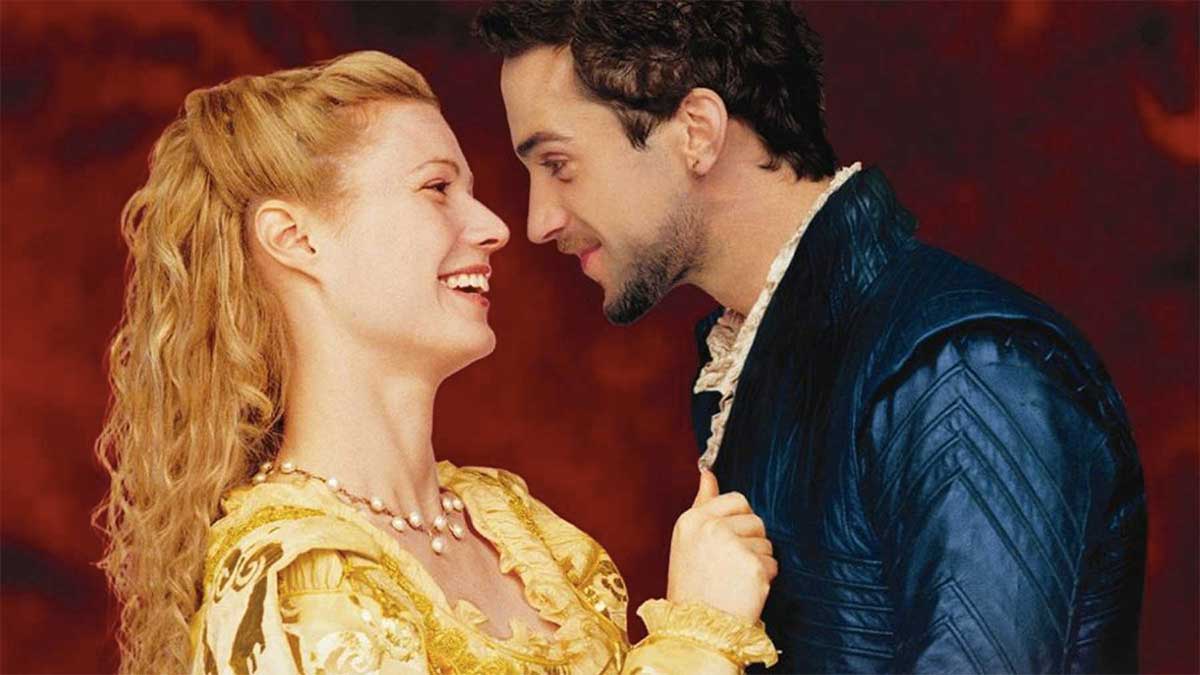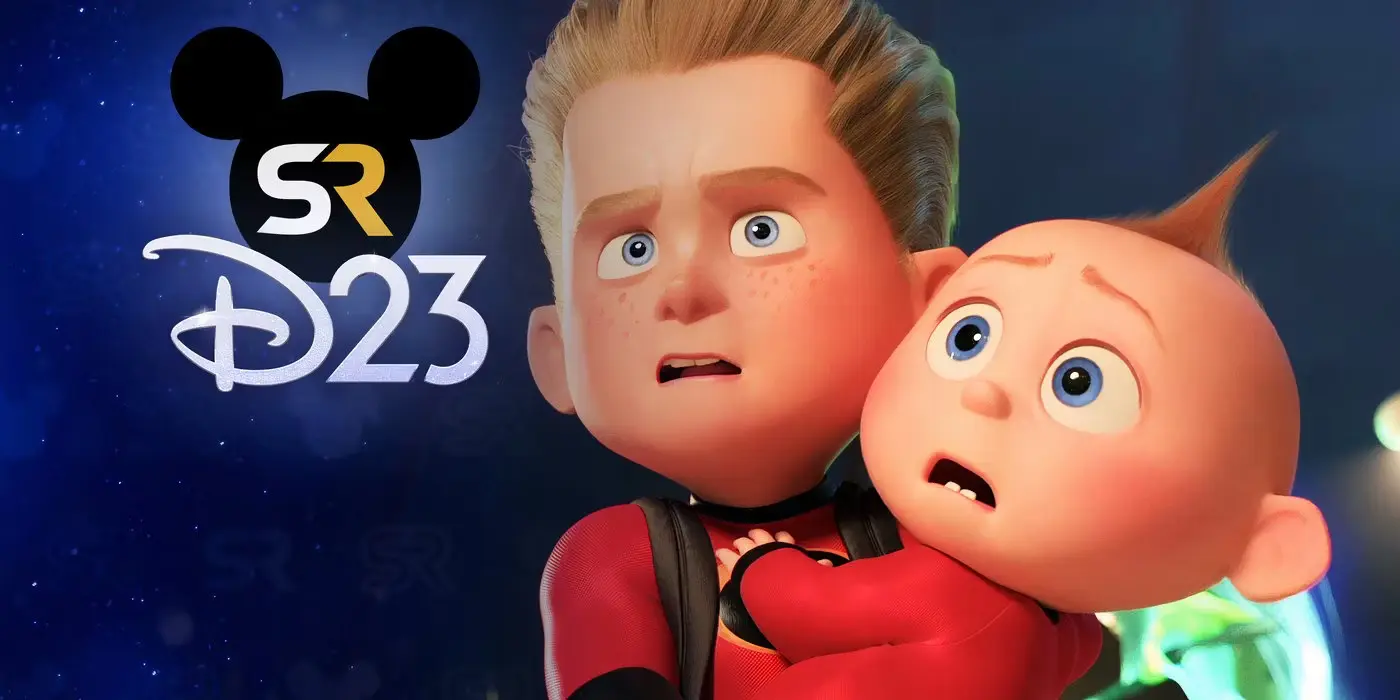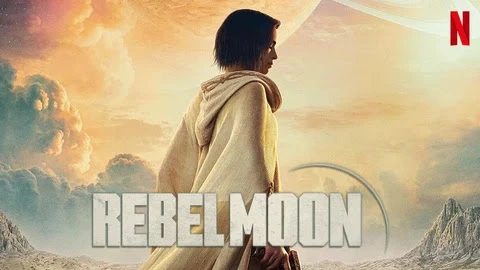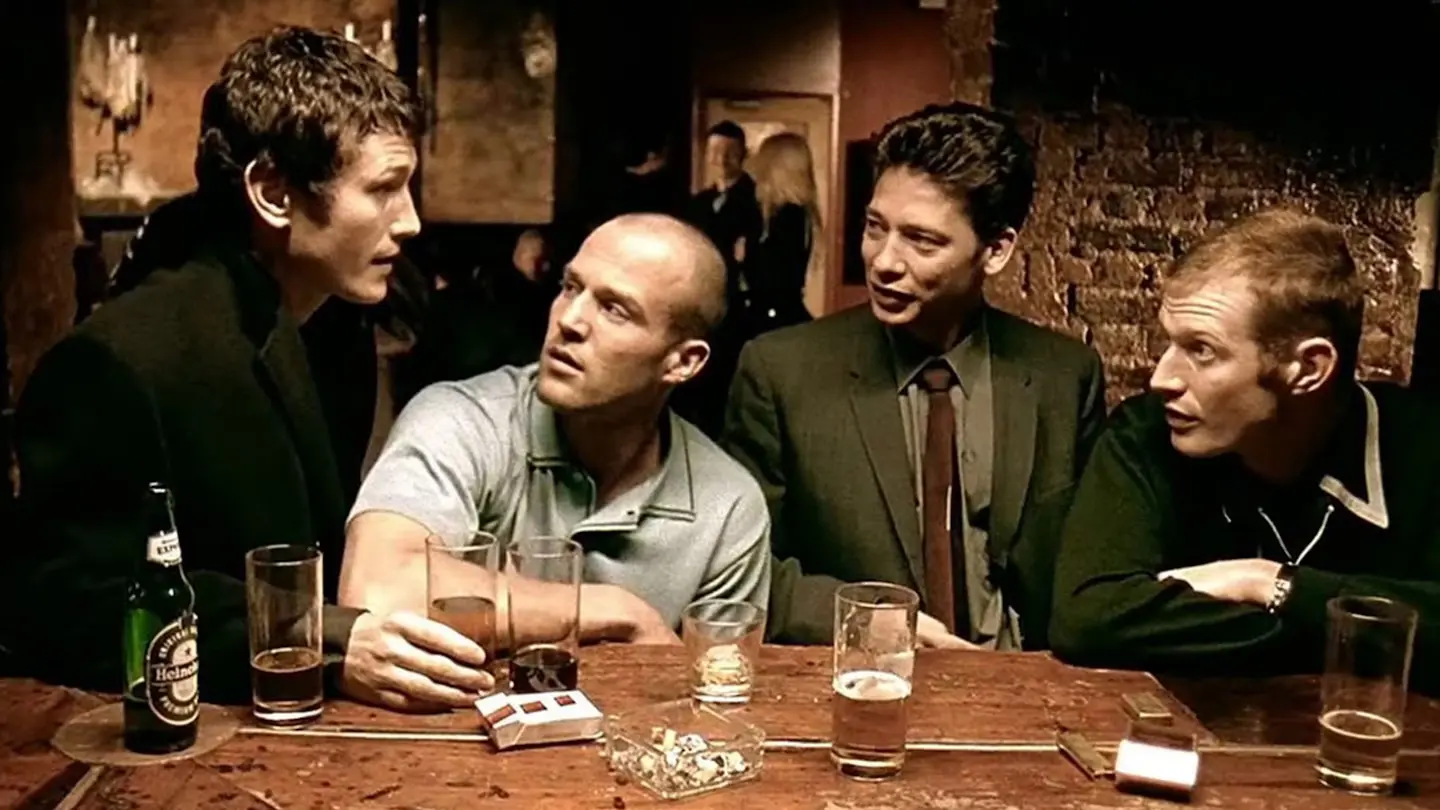"Based on a true story" might signify almost anything in the Hollywood world. After all, the main goal of most films is to amuse viewers, and occasionally dramatic effect is sacrificed in favor of the truth. Real individuals are reduced to two-dimensional characters, entire events are distorted or completely disregarded, and timeframes are fiddled with for the purpose of storytelling. Put another way, watch a documentary if you want to learn about history. If you're looking for a few hours of entertainment and don't care too much about "reality," consider watching one of the following films.
Apocalypto (2006)
Northwestern University professors referred to this pre-Columbian Central American film, produced by Mel Gibson, as a "distorted view of Maya history." They contend that the film contributes to the false caricature of Indigenous people as ruthless, immoral, and "utterly evil" savages by showing scenes of unrelenting brutality, including the beheading of captives.
JFK (1991)

The Washington Post's Avi Selk describes this "barely factual" Oliver Stone picture about a prosecutor's attempts to show the CIA's role in the 35th president's killing as having "most compelling scenes that are totally made up." According to Stone, the movie's main goal was to explore "all the possible scenarios of why Kennedy was killed, who killed him, and why," rather than to give the whole story.
10,000 BC (2008)
Carnivorous birds, woolly mammoths, saber-toothed tigers, and sophisticated civilizations—all coexisting at the same time? Unlikely. Chris Wilson of Slate notes that while the possibility of woolly mammoths and sabre-tooth tigers existing at the end of the Pleistocene Epoch (or Ice Age) is plausible, carnivorous birds would have long since gone extinct by then. It would take an additional 7,000 years for the construction of the pyramids and the evolution of codified language by humans.
Pearl Harbor (2001)
The explosive historical drama directed by Michael Bay was widely criticized by critics, but its most vocal opponents were World War II veterans, such as flying ace and U.S. Air Force officer Kenneth Taylor. The movie's protagonist, Taylor, described it as "a piece of trash... over-sensationalized and completely distorted." Considering how many historical errors there are in the movie, it makes sense why he would think that way. For instance, the Japanese aircraft carriers that were portrayed in the film were the ones that the U.S. Navy was actually using at the time.
Shakespeare in Love (1998)

A number of scholars have criticized the film for its loose handling of characterizations, dates and plausibility," playing fast an says Biography's Colin Bertram. Thomas Barnes, a history professor at Berkeley, criticized the entire picture of the era, including the Queen, her courtiers, and the city of London, claiming that it resembled the twentieth century rather than the sixteenth.
The Great Escape (1963)
The Great breakout is primarily Hollywood fiction, while being based on the first-hand story of an Australian fighter pilot who participated in the 1944 mass breakout from the German prisoner of war camp Stalag Luft III. According to Michael Rowland of ABC News, "there was no terrifying pilfering of a German fighter plane for an aborted flight to Switzerland, and the daredevil Steve McQueen character it was impossible to leap to freedom on a motorcycle
One Million Years B.C. (1966)
To be fair, when he created this adventure picture about a caveman who falls in love with a woman from another tribe—which shows humans and dinosaurs coexisting on Earth—director Don Chaffey was obviously not too concerned with historical truth. In actuality, homo sapiens did not arise until around 300,000 BCE, whilst the last non-avian dinosaurs were extinct 66 million years ago.
Gladiator (2000)
After conferring with a number of consultants and historians, director Ridley Scott set out to produce the most authentic on-screen representation of Roman civilization in the second century. Even if he made some changes to history, he accomplished that in many respects. For instance, the dishonest Commodus did not become Emperor by killing his father, Marcus Aurelius; rather, over time, he was essentially given the keys to the Empire. Naturally, if Scott had taken that path, the film's grand finale featuring Commodus and Maximus would never have happened.
The Last Samurai (2003)

Furthermore, The Last Samurai, which is based on the 1877 Satsuma Rebellion, in which disgruntled samurais rebelled against the new imperial government's rapid westernization, has been cited as an example of a white savior narrative, a cinematic trope in which a white character steps in to save the day for the non-white characters.
Braveheart (1995)
The 1996 Best Picture Oscar winner depicting William Wallace's late-13th-century insurrection against King Edward I of England has been described as one of the most historically incorrect films of all time. For starters, according to The Scotsman, Scottish soldiers would not have worn tartan in combat or painted their faces blue at the period. Wallace is also unlikely to have carried a two-handed claymore, which did not become popular until the 16th century. Most notably, Wallace was not the "hero from humble highland beginnings" portrayed in the movie. As historians have remarked, he hailed from "noble lowland stock."












